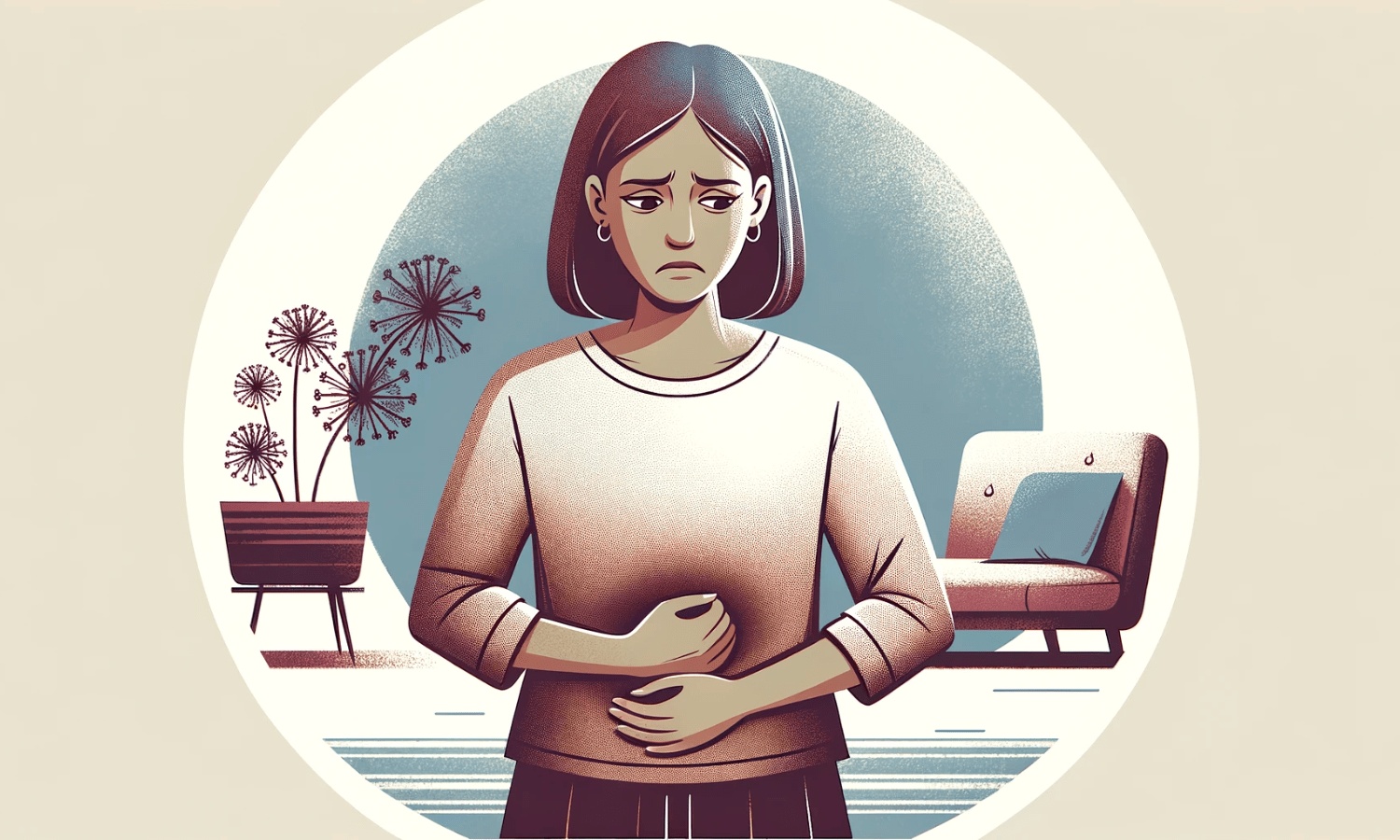What Is The Connection Between Stress And Uterine Fibroids?
Hello dear readers! Today, we're delving into an important and often overlooked aspect of women's health: the connection between stress and uterine fibroids. Uterine fibroids, a common health concern for women of reproductive age, are not just a physical condition but also intertwine with our emotional well-being. This post aims to shed light on how our life's stresses, especially major events, might influence the development and exacerbation of uterine fibroids.
Understanding Uterine Fibroids
Uterine fibroids are noncancerous growths of the uterus that often appear during childbearing years. Many of us might be familiar with their common symptoms: pelvic pain, heavy menstrual bleeding, and sometimes complications in pregnancy. Despite being benign, fibroids can significantly impact a woman's life. Alarmingly, they are more prevalent and severe in African American women, pointing towards a potential racial disparity in women's health. Understanding fibroids is the first step in unraveling their mysterious link with our emotional states.
The Role of Stress in Fibroid Development
Stress, particularly from major life events, can be an invisible yet powerful force affecting our bodies. The hypothesis that stress influences fibroid development is fascinating and plausible. Stress can cause hormonal imbalances and trigger the body’s stress response system, known as the hypothalamic-pituitary-adrenal axis. This axis controls a myriad of bodily functions and could feasibly play a role in the growth of fibroids.
Key Findings from Recent Research
A pivotal study by Vines, Ta, and Esserman (2010) sheds light on this subject. They explored the relationship between the number of self-reported major life events and the presence of uterine fibroids. Intriguingly, their findings suggested a notable link, especially among African American women. The study revealed that increased numbers of life stressors were associated with a higher prevalence of fibroids. However, it's crucial to consider the study's limitations, including its reliance on self-reported data, which might not capture the full complexity of stress or fibroid diagnosis.
Implications and Future Research Directions
The implications of these findings are significant. They underscore the need for a holistic approach to women's health, considering not only physical but also emotional factors. For those at higher risk of fibroids, this research highlights the importance of stress management. Looking ahead, there is a pressing need for more research to understand the biological mechanisms at play and to develop targeted treatments and preventive measures.
Ready to Take the Next Step?
In conclusion, the journey to understand the connection between stress and uterine fibroids is ongoing. It's a reminder of the intricate ways in which our emotional health intertwines with our physical well-being. Awareness and research in this area are vital to improving health outcomes for all women, particularly those disproportionately affected.
If you're concerned about uterine fibroids or the impact of stress on your health, don't hesitate to reach out for expert guidance. Our team of specialists at Indiana Vascular is dedicated to providing comprehensive care and support. Schedule an appointment with us today, and take the first step towards better understanding and managing your health.
References
Vines, A. I., Ta, M., & Esserman, D. A. (2010). The Association between Self-Reported Major Life Events and the Presence of Uterine Fibroids. Women's Health Issues, 20(4), 294–298. https://doi.org/10.1016/j.whi.2010.03.009

